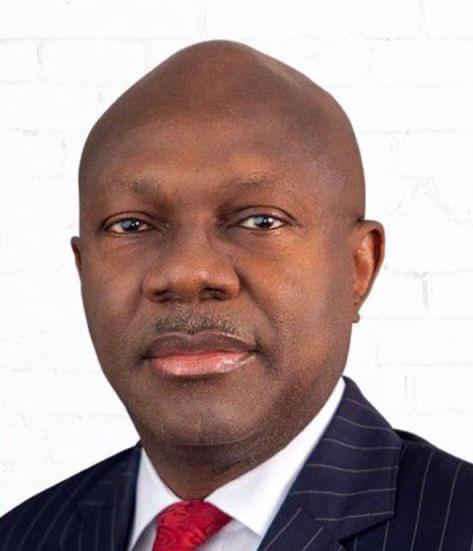Uquid CEO Responds to Viral Criticism of Crypto Inclusion Efforts, Highlights Real-World Adoption Across Africa Using Stablecoins
On June 6, Uquid CEO Tran Hung highlighted ongoing crypto usability challenges across Africa. He cited data from Asaf Nadler’s post, showing over 2.7 million Nigerians hold $198 million in crypto assets. The figures also revealed that 65,000 Ghanaians control more than $7 million in assets. Despite rapid growth, users struggle to pay for services like ChatGPT or Twitter Premium. This situation underscores the gap between digital asset ownership and real-world use. These issues highlight broader concerns about Africa’s Stablecoin adoption and everyday utility. Many users still lack functional payment options for online platforms.
The post responded to Asaf Nadler’s questions about crypto payment design for users. Nadler indirectly mentioned a crypto firm that raised $5 million as an example of the industry’s disconnect with the unbanked population. He argued that many projects focus more on investor narratives than practical solutions. Nadler noted that stablecoins failed to fix syncing issues and high transaction fees. Users report scam tokens and a lack of usable off-ramps in many markets. He questioned whether infrastructure truly supports Banking the Unbanked rather than just marketing. His critique suggested that false promises undermine trust in crypto solutions across regions. This perspective sparked debate about the crypto industry inclusivity and real impact.
Despite growing digital coin ownership, practical payment use remains rare in African markets. Many users expect real payment options but face limited infrastructure support. Many initiatives claim to offer real solutions for the Unbanked, yet fall short. Markets with fewer banking challenges often receive more developer attention than challenging regions. The issue lies in aligning product design with specific user requirements on the ground. Technologies exist, but adoption falters without a focus on actual user needs and context. Concrete feedback from users remains scarce in product roadmaps.
In response, Uquid’s CEO detailed steps to help Africans pay for daily online services using crypto. The company has partnered with networks such as TRON and Tether to bring stablecoins to different regions. It supports payments for utilities, subscriptions, and digital services through these partnerships. Uquid also works with local merchants to broaden service availability in key cities. Despite progress, infrastructure issues and fee concerns continue to hamper adoption rates. More work is needed to close gaps and ensure seamless payment experiences. Users still report occasional failures and service inconsistencies.
Ivan Kozlov, founder of Resolv Labs, shared his early plans for a crypto wallet. The team aimed to build a daily payments solution in countries with high inflation. They conducted customer research at a Nairobi FinTech conference to assess demand. However, they abandoned the idea due to no clear competitive edge in this sector. This case highlights the challenges of designing products in an already crowded space. It underscores that market fit is crucial beyond just technical feasibility. Like others, they faced hurdles in bridging banking gaps.
Asaf Nadler clarified that the data came from Addressable and a report with Dune Analytics. They analyzed activity across 15 wallet apps to gauge user engagement. Even with limited samples, Nigeria consistently ranked highest in crypto engagement. This underscores that high ownership does not equal widespread payment use. The data reiterates the challenges facing Africa’s Stablecoin adoption for everyday transactions. It reveals a clear gap between theoretical inclusion and actual access to services. Such insights guide future efforts to improve payment infrastructure design.
Overall, the gap between lofty goals and user experiences remains a major challenge. Many projects promise Banking the Unbanked but struggle with tangible progress. Despite growth, Africa’s Stablecoin adoption still lacks seamless payment options. Achieving true crypto industry inclusivity requires designing solutions around real challenges. Stakeholders must prioritize local contexts to bridge gaps between ownership and use. Only then will digital asset ownership translate into genuine everyday utility for users. Future work must involve deeper empathy and on-the-ground user feedback.










